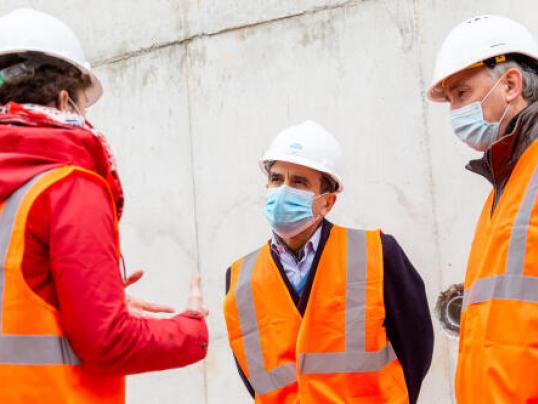Sustainability at the Core of Our Development
The matrix provides 12 criteria to gauge a broad range of items, including environmental management, stakeholder engagement, and ethics and human rights. This process has been applied to many different types of projects already, including renewable generation, cogeneration, and district heating and cooling systems, among others.


Environmental management
ENGIE North America evaluates projects to ensure environmental impact assessments are compliant with local legislation and that they meet internationally recognized standards, including those provided by the International Finance Corporation.
Stakeholder engagement
ENGIE North America gathers and assesses information about community views, values and perceptions for each investment opportunity. We support projects that include stakeholder engagement plans that have been prepared according to national rules and regulations.
Ethics and human rights
ENGIE North America works to ensure that business activities do not negatively impact Indigenous people as well as areas of cultural heritage with archeological, historical, cultural, artistic or religious significance.





